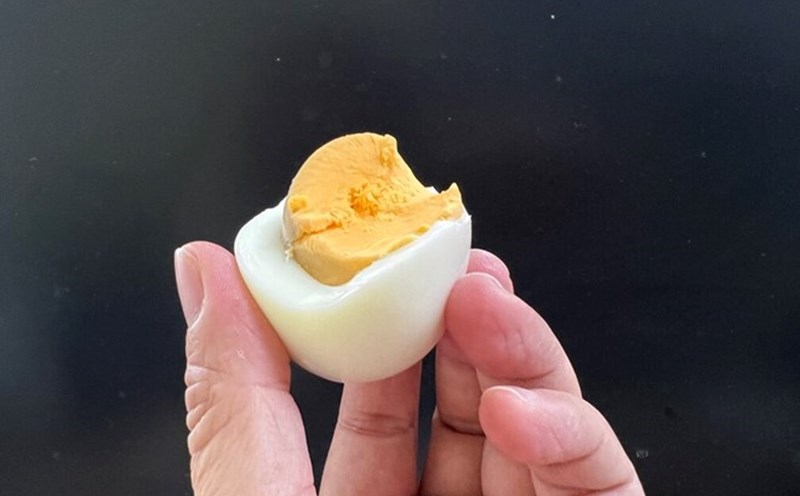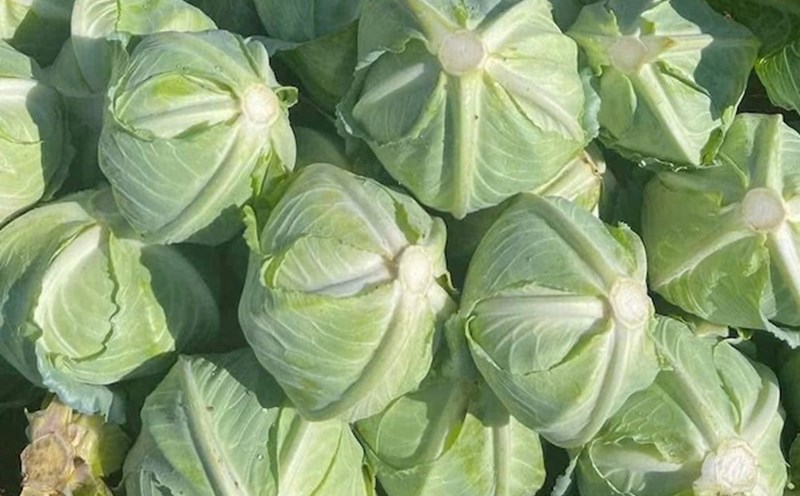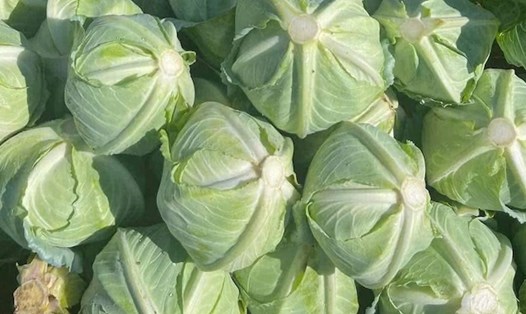This is because chestnuts contain a lot of monounsaturated and polyunsaturated fats, especially omega-3 fatty acids, which help reduce bad cholesterol (LDL) and increase good cholesterol (HDL).
chestnuts are also rich in potassium, magnesium, vitamin C, and antioxidants such as flavonoids and polyphenols - compounds that help improve blood circulation, prevent atherosclerosis and reduce the risk of stroke. However, if processed improperly, these nutrients can be destroyed or transformed, reducing the effectiveness of cardioprotection.
Method to help chestnuts retain almost all of their vitamins
One of the best ways to prepare chestnuts is to boil or steam them. This method helps retain almost all of the water-soluble vitamins and minerals, while limiting oxidized fats.
When boiling, keep the heat low, avoid boiling for too long, causing the seeds to sao and lose their natural flavor. Bake chestnuts at a moderate temperature, about 180200°C for 1520 minutes, is also a suitable choice, giving the nuts a delicious flavor while still ensuring nutrition.
On the contrary, you should not roast chestnuts with butter, oil or sugar. These are popular cooking methods but increase saturated fat and calories, which are harmful to the cardiovascular system. Adding salt should also be limited, because excess sodium can increase blood pressure and increase the burden on the heart.
chestnuts are delicious and healthy, but should only be eaten in moderation, about 3040g per day, combined with a diet rich in green vegetables, fish and whole grains to achieve optimal cardiovascular effects.











